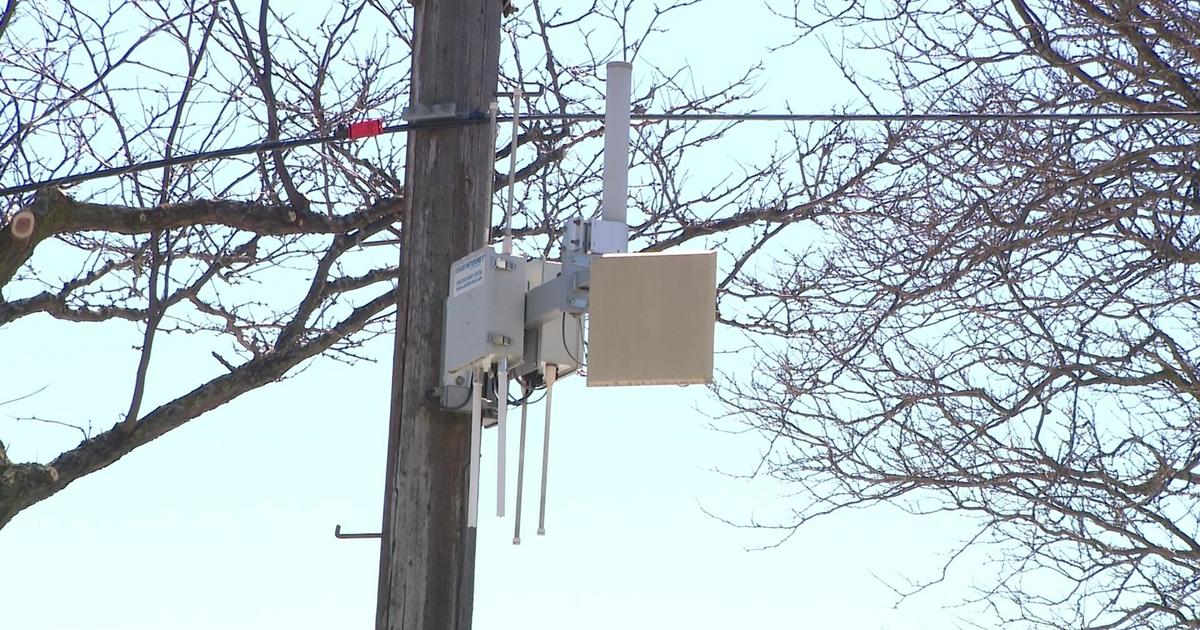Mayor Lori Lightfoot Announces Proposal To Update City's Affordable Housing Ordinance With New Requirements For Developers
CHICAGO (CBS) -- Seeking to boost the number of affordable housing units available for lower-income Chicagoans, Mayor Lori Lightfoot on Wednesday proposed new requirements for developers who get city subsidies, purchase city land, or require a zoning change for their projects.
"As city leaders, it is our responsibility to step up and do the work to reverse the adverse effects segregation has had on our city," Lightfoot said in a statement. "These effects, which include disinvestment, gentrification, and a historic life expectancy gap, are at odds with our values of equity and inclusion. Thanks to this ordinance, we will be able to better address these negative impacts and move our city that much closer to fully ensuring that all of our residents, regardless of their income, will have the ability and opportunity to live wherever they choose in Chicago."
Chicago's affordable housing rules already require developers who receive a zoning change, city subsidies, or city land to set aside at least 10% of their units at prices affordable to people earning approximately 60% of area median income.
The mayor's proposal would increase the set-aside minimum to 20% downtown, in neighborhoods with low levels of affordable housing, and in neighborhoods facing displacement of low-income residents.
The measure also would reduce the income thresholds for affordable units, so that the required units would have to be affordable to even more people.
While developers would still be able to pay "in-lieu fees" that allow them to build fewer affordable units, the mayor's proposal would allow those fees to cover fewer of the units they would otherwise be required to build. The change would allow for developers to opt out of up to 50% of the required units, down from 75%, while the "In-lieu fees" they must pay to do so would significantly increase.
Developers are also given the option to build affordable units off-site from their project. The mayor's proposal would allow those off-site to be built in any part of the city lacking in affordable housing or threatened with displacement;
The revised affordable housing ordinance also would require that if a development covered by affordable housing rules is built in a transit-oriented development zone, any affordable units built off-site also must be located close to mass transit.
The city also would add incentives to encourage developers to build family-size units by allowing projects with three- and four-bedroom units to have fewer affordable units overall.
"This revision is the culmination of an extensive and inclusive process that brought together housing advocates, developers and stakeholders to better advance that purpose. With its passage, the Department of Housing will be one step closer to its vision of the equitable distribution of resources citywide so that every Chicagoan can choose and remain in quality housing that's affordable, safe, and healthy," Chicago Department of Housing Commissioner Marisa Novara said in a statement.
Ald. Harry Osterman (48th), who chairs the City Council Housing Committee, said the revised ordinance would help provide for more affordable housing units across the city.
"This is the culmination of the City and stakeholders from housing advocate and provider organizations working together to strengthen the ARO tool for all Chicagoans," Osterman said in a statement.
Chicago Association of Realtors spokesman Kristopher Anderson said the mayor's proposal needs further review, and the industry might request changes to her plan when it comes up for a vote.
"For a multitude of reasons, the City needs to encourage growth and investment, the least of which are recapturing population loss and, as a result, increase the property tax funds," Anderson said in a statement.
However, Anderson said some measures in Lightfoot's plan, such as a lower income thresholds for affordable units, would create a standard most builders can't meet and restrict development in Chicago.
"Having a city where small and medium size developers can also thrive is key to development in the communities. We look forward to future productive conversations," Anderson said.



